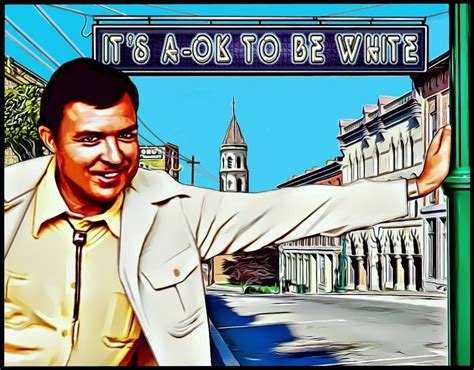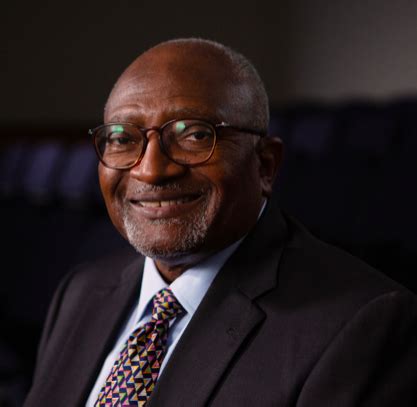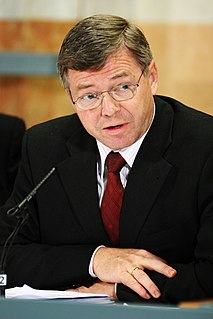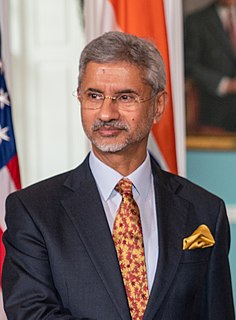A Quote by Chip Berlet
Part of the coalition is intellectuals who have an idea of racial nationalism, which is very popular in right-wing populist movements in Europe. The alt-right believes in racially separate nation-states.
Related Quotes
Western intellectuals, and also Third World intellectuals, were attracted to the Bolshevik counter-revolution because Leninism is, after all, a doctrine which says that the radical intelligentsia have a right to take state power and to run their countries by force, and that is an idea which is rather appealing to intellectuals.
The progressives have a challenge. Part of it is that you now have a lot of progressives who feel that 50 million, 60 million people voted to endorse the toxic parts of Donald Trump, that suddenly we now are in a country, you know, surrounded by people who, you know, are proud to be, you know, a part of this alt-right thing and they think it was an alt-right takeover.
If you listen to the talk shows, which are rabid right-wing, and very interesting, an important fact about the United States, they reach a huge audience. And they're very uniform. So right wing, I don't think you can even find an analog in your, but they reach a mass audience, and their view is that the corporations are liberal. Their appeal to the population is, "the country is run by liberals, they own the corporations, they run the government, they own the media, and they don't care about us ordinary people."
Trump is much, much worse than people understand. In his ideal world, you would have an alliance between Trump, Putin, Marine Le Pen, maybe a right winger might knock off Merkel in Germany, and you'd have this sort of, essentially, a nationalist populist alliance that can only be made sense of when seen as a right-wing, white nationalism against the world. Because, who do they want to fight? They want to fight Asia and China, they want to fight Latin America and Mexico.
Here is the difference, nationalism has a certain connotation in Europe, which is not necessarily positive, but I think in Asia, nationalism is seen very much as a sort of natural corollary to economic progress, almost like you're independent, you progress, you are prosperous and nationalism comes with all of that.






























